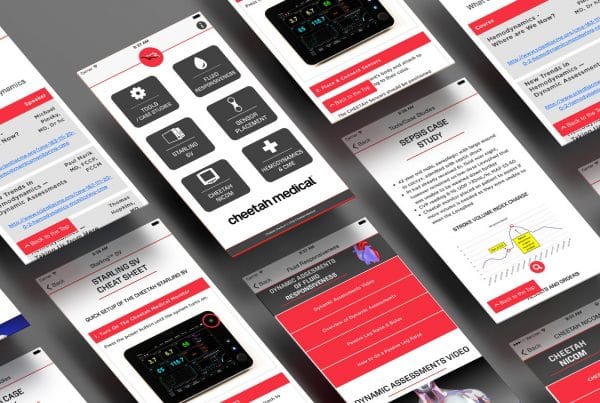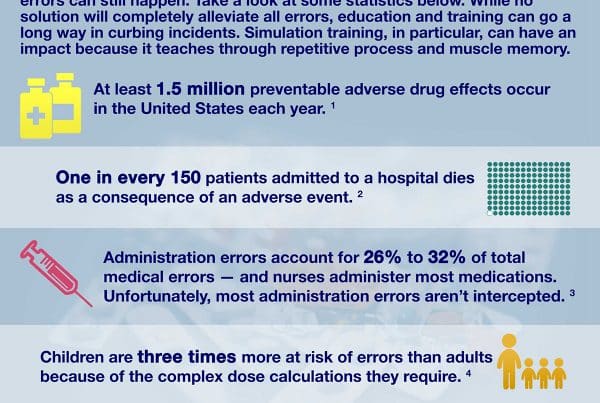For many, carrying a mobile device like a smartphone or tablet computer is as routine as putting on socks. These devices are used to surf the web, browse social media and catch up on the news and weather. Since these devices connect to the Internet already and offer a variety of high-tech software solutions, it’s no wonder that businesses are moving toward mobile app development for learning tools.
Private industry is using this eLearning development strategy to reach further not only in conventional markets but also within impoverished nations and among the general public. When a tool is this versatile and customizable, businesses do well to get the most out of custom software development by stretching its uses to more than just the conventional.
Education inundation
Mobile devices are as proliferate as they are personal. Making tech experiences form to individual styles is what makes them popular with consumers, and why the tablet market has taken off so much in the last 10 years, according to the Huffington Post. Businesses should take a page from these developments, as creating mobile app development that forms to a worker’s schedule and preferred method of use will make them more likely to own the training, rather than simply going through tasks like a tedious routine.
That’s the key in return on investment for businesses as well. A training program is worthless if it doesn’t engage users, so coming up with a solution that fits workforce learning trends will make knowledge really stick with participants after the course. It also provides human resources professionals with a measurable metrics system to ensure the program is meeting company goals.A SpeakUp survey published by the Post found that most eLearning development should focus on this mobile personalization, as students prefer that style over even traditional methods.
A vast market
For companies worried about the scope and reach of a personalized solution, it’s important to understand what accounts for this quality is the way in which users learn and interact. Some companies have had more luck integrating this software by allowing users to remotely access programs rather than hosting the training on-site, according to ZDNet.
Asia is seeing the most adoption and benefit from these kinds of programs, the source reported, as many remote workers prefer to use their mobile technology on the go rather than being tethered to a desk. Since tablets and smartphones are a bigger part of the technology setting in these countries, according to ZDNet, companies have created custom training software to fit their lifestyles instead of forcing them into an office setting. This simple change enhances acceptance of training programs and absorption of information, the source reported.
“A lot of the larger organizations…are now joining the e-learning bandwagon,” said Carsten Rosenkranz of Knowledge Platform. “More surprisingly, many regional small and midsize enterprises are doing the same.”
These mobile app developments work for businesses of all sizes all around the globe. They allow for flexibility and personalized learning strategies popular with many employees, meaning they’re likely to get more out of these training methods and prove a higher return on investment for the companies purchasing these developments. Talk to CSE Software Inc. to see what kind of mobile app development can best suit your business and get started on engineering custom programs to boost staff performance today.
Contact Stacey Burris at sburris@csesoftware.com or 1.309.670.7595 and ask for a mobile app development demo today!



